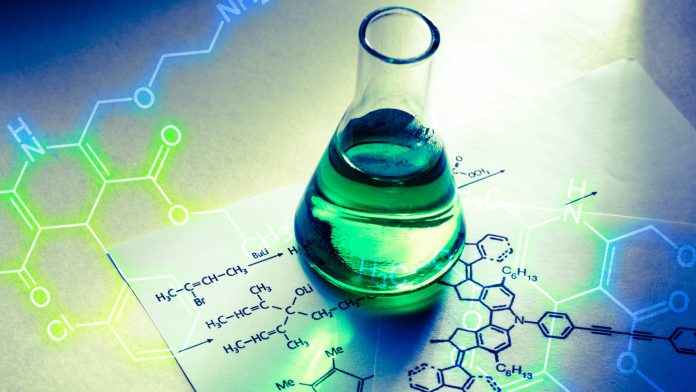In the face of global environmental challenges, the demand for sustainable and environmentally friendly solutions has given rise to a paradigm shift in various industries. One significant aspect of this transformation is the increased focus on the development and utilization of environmentally friendly chemicals. This article explores the concept of environmentally friendly chemicals, their characteristics, applications, and the positive impact they can have on ecosystems, human health, and the overall well-being of our planet.
Defining Environmentally Friendly Chemicals:
Environmentally friendly chemicals, often referred to as green chemicals or sustainable chemicals, are substances designed and produced with the aim of minimizing their impact on the environment and human health. These chemicals adhere to the principles of green chemistry, emphasizing the reduction or elimination of hazardous substances throughout their lifecycle—from production to use and disposal.
Characteristics of Environmentally Friendly Chemicals:
- Biodegradability:
- One of the hallmark characteristics of environmentally friendly chemicals is their ability to break down into non-harmful substances through natural processes, minimizing long-term environmental persistence.
- Renewable Resources:
- Many environmentally friendly chemicals are derived from renewable resources, such as plant-based or bio-based materials. This reduces reliance on finite fossil fuels and supports a more sustainable resource model.
- Low Toxicity:
- These chemicals are formulated to be less toxic to humans, animals, and ecosystems, reducing the risk of adverse health effects associated with exposure.
- Energy Efficiency:
- The production of environmentally friendly chemicals often involves energy-efficient processes, contributing to a lower overall carbon footprint.
- Reduced Waste Generation:
- Sustainable chemicals are designed to minimize waste generation, promoting a circular economy where materials are reused, recycled, or safely disposed of.
Applications of Environmentally Friendly Chemicals:
- Agriculture:
- Eco-friendly pesticides and fertilizers help promote sustainable farming practices by minimizing the environmental impact on soil, water, and biodiversity.
- Manufacturing:
- Sustainable chemicals in manufacturing processes contribute to cleaner production methods, reducing emissions, waste, and the overall environmental footprint of industrial activities.
- Personal Care Products:
- Environmentally friendly chemicals are increasingly being integrated into cosmetics, skincare, and personal care products, meeting consumer demands for products that are both effective and environmentally conscious.
- Cleaning Products:
- Eco-friendly cleaning solutions utilize sustainable chemicals, providing effective alternatives that are less harmful to both users and the environment.
- Construction:
- Sustainable building materials often involve the use of environmentally friendly chemicals, contributing to the creation of eco-friendly and energy-efficient structures.
Benefits of Environmentally Friendly Chemicals:
- Ecosystem Preservation:
- By reducing pollution, conserving resources, and promoting sustainable practices, environmentally friendly chemicals contribute to the preservation of ecosystems and biodiversity.
- Human Health and Safety:
- Low toxicity levels in green chemicals enhance worker safety and reduce health risks associated with exposure, both in the workplace and for end-users.
- Regulatory Compliance:
- As environmental regulations become more stringent, the adoption of environmentally friendly chemicals positions industries to comply with evolving standards and regulations.
- Consumer Preference:
- The increasing awareness and concern for environmental issues have led consumers to prefer products that align with their values, driving industries to adopt sustainable practices and chemicals to meet market demands.
- Innovation and Economic Growth:
- The development and utilization of environmentally friendly chemicals drive innovation, fostering the growth of a sustainable economy and providing opportunities for businesses to thrive in a rapidly changing market.
Conclusion:
Environmentally friendly chemicals represent a critical aspect of the global effort to transition towards a more sustainable and environmentally conscious future. As industries continue to embrace these alternatives, the positive impact on human health, ecosystems, and the planet as a whole becomes increasingly evident. The commitment to green chemistry principles ensures that the journey towards a cleaner, safer, and more sustainable world is not only possible but already underway.
